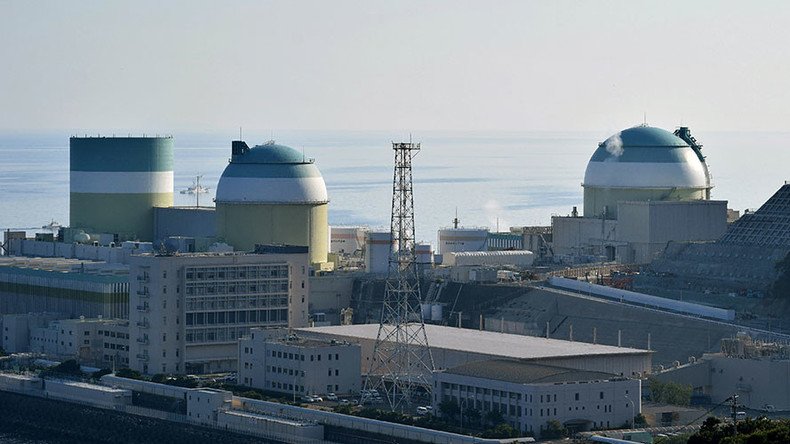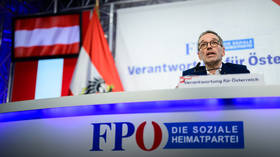Kobe Steel scandal could rattle nuclear industry

Japan’s Kobe Steel has joined a rather unfortunate "club". That club's membership includes those Japanese companies recently racked by scandal and mismanagement.
Kobe's management admitted that its employees faked quality inspection reports on its steel and other metal products used domestically in automobiles, bullet trains and nuclear power stations. So far, corporate announcements have been vague, offering little clarity about the duration of the quality control lapses or, more important, the type of components involved.
Tokyo Electric Power Co. (9501.T) just announced that it replaced a Kobe-made piece of equipment, offering no other details. Kobe, however, is a major producer of nuclear power plants components. Even if quality control lapses did not extend to those operations, the onus may be on Kobe to prove its innocence.
So what should we expect? If these QA/QC lapses began recently, it should have little or no effect on most of the nuclear assets in the United States. Most of them were built decades ago.
Plants under construction, however, or those recently completed are another matter. In the last period of nuclear new build in the US (basically the 1970s), a relatively muscular Nuclear Regulatory Commission (NRC) took its safety responsibilities seriously, and woe to the builder that thought the rules excessive.
Read more on Oilprice.com: Oil Prices May Hit $60 By End Of 2017
Unfortunately, a raging period of inflation only added to the nuclear builder's troubles. Toward the end of the decade, the only appropriate choice for some would have been between cigarette or blindfold. Those safety requirements added to plant cost. And in an attitude that today would seem remarkable, that fact didn’t deter the NRC's administrators.
If a nuclear power plant has to shut down due to concerns regarding the integrity of Kobe's products, it’s needless to say it could get expensive. A typical 1,000 MW nuclear facility operating at full capacity can generate annual revenues of between $500 million and $1 billion.
Unlike a coal or natural gas fired power plant, shutting a nuclear plant down does little to reduce costs. Most nuclear costs are fixed, that is, they are spent before the thing is even turned on. Therefore, the plant’s owner will likely try to foist extraordinary expenses like these onto consumers (this is not possible in competitive markets). Or, power plant owners can stand on their rights and demand compensation from Kobe. While perhaps fruitful, it’s doubtful this process would be brief.
Thus, investors in nuclear power have reason for some near-term heightened sense of concern. Questions will be asked as to the provenance of equipment and components. Certain corporations especially under duress might adopt "truth on the installment plan" policies. All the negative news is eventually disclosed—but only after PR efforts downplay the likelihood of meaningful corporate impact.
What's an investor to do? At this stage, with so little information available, we can't judge whether Kobe’s latest news will make any financial difference to the nuclear industry.
Read more on Oilprice.com: The Next Big Digital Disruption In Energy
But it underlines the need for trust and compliance throughout the manufacturing and operating process within the industry. And perhaps more standardization.
This is the second major QA/QC scandal involving a steel supplier of nuclear reactor components. Le Creusot Forge, now part of France's Areva, was similarly accused of fabricating data for nuclear plant components.
We’re reminded here of the great bridge builder Roebling. When informed that his suppliers had short-changed him, he reportedly responded that he assumed they would—and designed accordingly.
Do today's nuclear plant builders have the same dim view of human nature as Roebling? If not, the Kobe story should be regarded as serious until you hear otherwise.
This article was originally published on Oilprice.com











